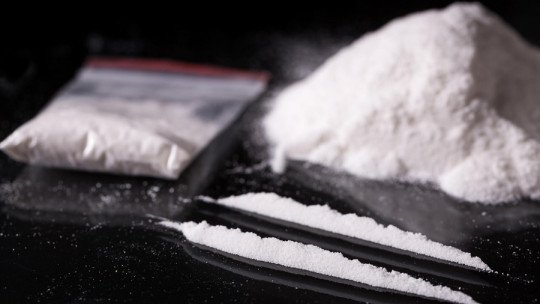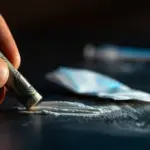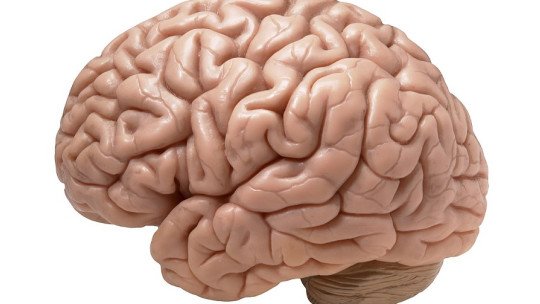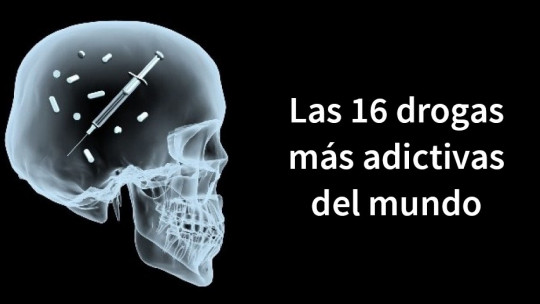Cocaine is a stimulant chemical substance whose use is mainly recreational. However, we do not lack stories about legends of music and cinema to corroborate how addictive its consumption can be.
As a result of various neuropsychological studies carried out since the second half of the last century, we know that addictions are based on the activation of our brain’s reward system. Broadly speaking, the activation of the reward circuit generates a sensation of pleasure through the production of dopamine, and leaves a mark that causes a tendency to repeat the behavior from which said pleasure was obtained. However, These types of dynamics caused by taking cocaine can be associated with diseases such as stroke
Cocaine has effects beyond expectations
Drugs generate pleasure, yes. However, the consumption of cocaine and other psychoactive substances causes irreversible deterioration of our nervous system, and its consequences can be easily perceived in the medium and long term. Specifically with regard to cocaine, it is common for people to suffer severe alterations in their moods, being aggressive, depressed, anxious or irritable.
It has also been found that cocaine addiction causes serious cognitive impairment, altering the functioning of our memory and executive functions, that is, those specifically human functions that allow us to operate with information from the environment to solve a task. control and inhibit our behaviors according to social environments, adapt our strategies for conflict resolution or make adaptive decisions.
Beyond this, there is a tendency to ignore how cocaine could be a risk factor for suffering, subsequently, very serious organic diseases One of them is suffering from a stroke—a cerebrovascular accident (CVA)—which could be fatal if you do not receive prompt attention. With the aim of preventing further losses due to both pathologies, both addiction and stroke, in this article we will describe how to detect a stroke, its relationship with cocaine consumption and the main hypothesis about how this substance could cause it.
Stroke or cerebrovascular accident: symptoms and types
A stroke or cerebrovascular accident is a pathology that involves the interruption or reduction of blood flow to a region of the brain Therefore, brain tissue cannot receive nutrients and oxygen, leading to cell death. Some risk factors for suffering a stroke are hypertension, being overweight, physical inactivity, heart problems, uncontrolled diabetes, and also excessive alcohol, tobacco, and recreational drug consumption.
There are two main types of stroke, ischemic stroke and hemorrhagic stroke Ischemic stroke, also called cerebral infarction, is caused by obstruction of blood flow and is the most common type (around 85% of people who suffer a stroke are of this type). For its part, the other type of stroke is hemorrhagic or cerebral hemorrhage, in which a blood vessel ruptures; It generates blood outflow and the consequent compression of structures of the central nervous system.
It is vitally important to call an emergency service immediately when you notice the characteristic symptoms of a stroke. These are the following:
How can cocaine use cause a stroke?
According to the latest research, cocaine consumption is a risk factor for suffering a stroke, whether ischemic or hemorrhagic , and such risk is independent of the frequency or duration of consumption. The exact process by which cocaine causes cerebrovascular disease is not known, although there is consensus regarding the mechanisms that would be involved in said process. Let’s look at this in detail.
Cocaine in our brain
By itself, the effects that cocaine generates on our nervous system are due to the fact that blocks norepinephrine and dopamine transporters Both norepinephrine and dopamine are neurotransmitters, that is, chemical signals that neurons release to communicate with others, in a process called chemical synapses. For their part, transporters are proteins located in the membrane of the presynaptic neuron—that is, the neuron that releases the neurotransmitter—whose function is to “recycle” the neurotransmitters when they have already fulfilled their communicative function, reusing them or degrading the molecules that contain them. they compose and then use them for other purposes.
What happens with cocaine is that it is located in these transporters, so the neurotransmitters never manage to re-enter the presynaptic neuron. The result of this is that the neurotransmitters will remain in the synaptic cleft – the space between both neurons – and, therefore, will continue to exert their effects.
This is the reason why the person who consumes cocaine feels euphoric, since These neurotransmitters can operate as excitators of the central nervous system For its part, the increase in the concentration of norepinephrine in the synaptic cleft is also what produces the negative effects of cocaine use, such as increased blood pressure, tremors, sweating, or an intensification of alertness.
The relationship between cocaine consumption and the onset of a stroke
Now, after cocaine consumption, the reuptake of these neurotransmitters is difficult, and therefore the nervous system develops hypersensitization to certain substances such as epinephrine or norepinephrine. The consequence of this neuroadaptation process is an excess of sympathetic activity.
In other words, sympathetic activity means that the body prepares for action, giving us the ability to make fight, flight or freeze responses; increases muscle tone; Our pupils dilate, and those responses that are not useful for survival in a moment of alert are reduced to a minimum, such as being hungry. This effect is enhanced by the consumption of cocaine, which is why people who consume it would have a greater risk of suffering a cerebrovascular accident or stroke under such a state.









